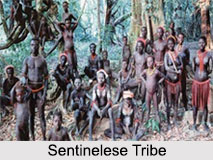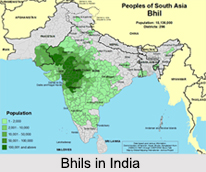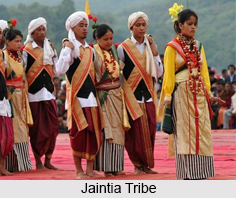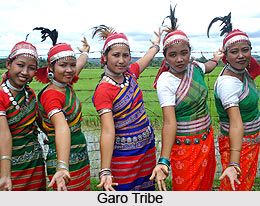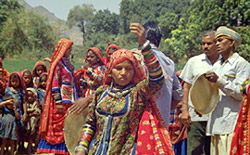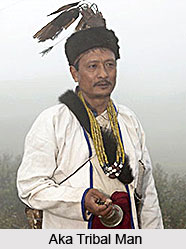 Melley of Aka Tribe reveals their practices and conventions. Melley is aboriginal legal institution in the village level. It is the pin of all legal affairs. The Aka tribe has been maintaining their own identity by preserving and practicing their customs and laws through Melley. All the major affairs that affect the village community are subjected to territorial jurisdiction of Melley. It acts as a court of justice. Melley is empowered to exercise the judicial power from the intra-village disputes to inter village conflicts. The adult villagers are free to take part as member of the council and speak out in the legal proceedings. The council also allows the accused and the pretender to argue in order to prove their innocence. Judgements are announced by the traditional executive authority. There is no formal voting system.
Melley of Aka Tribe reveals their practices and conventions. Melley is aboriginal legal institution in the village level. It is the pin of all legal affairs. The Aka tribe has been maintaining their own identity by preserving and practicing their customs and laws through Melley. All the major affairs that affect the village community are subjected to territorial jurisdiction of Melley. It acts as a court of justice. Melley is empowered to exercise the judicial power from the intra-village disputes to inter village conflicts. The adult villagers are free to take part as member of the council and speak out in the legal proceedings. The council also allows the accused and the pretender to argue in order to prove their innocence. Judgements are announced by the traditional executive authority. There is no formal voting system.
The village headman is known as Khew and he is the chief of the village council. The two other subordinate functionaries called the Borah and the Gibba assist the Khew in discharging his responsibilities. For primary membership of the village council all the elderly members are chosen. The primary members are the active members. Membership may be suspended provisionally for dishonesty or major loop-holes. Woman folk are never selected as the member of council. Until and unless she is invited woman`s participation in the proceedings of the council is not permissible until she is invited.
The office of the Khew is not hereditary. The office of the village headman is voluntary. He does not receive any salary neither he gets any share of the fine imposed on the accused. The cash or kinds collected as fine or compensation are deposited in the coffer of village authority as property of community. It is utilised for the community development works. All disputes are settled by Melley with the help of elders. The Khew presides over the meeting. It is his responsibility to announce pre-fixed agenda to initiate the proceedings. It is the consent of the village community that matters the most. A Government Officer or political interpreter may be invited to take part in the meeting in order to convey their expert opinion or interpret any legal rules. Excepting this outsiders are not allowed to participate in the meeting.
Presently the Akas of West Kameng district follow these customary laws, mode of behaviour, value judgement and social customs that has been followed since time immemorial.

















